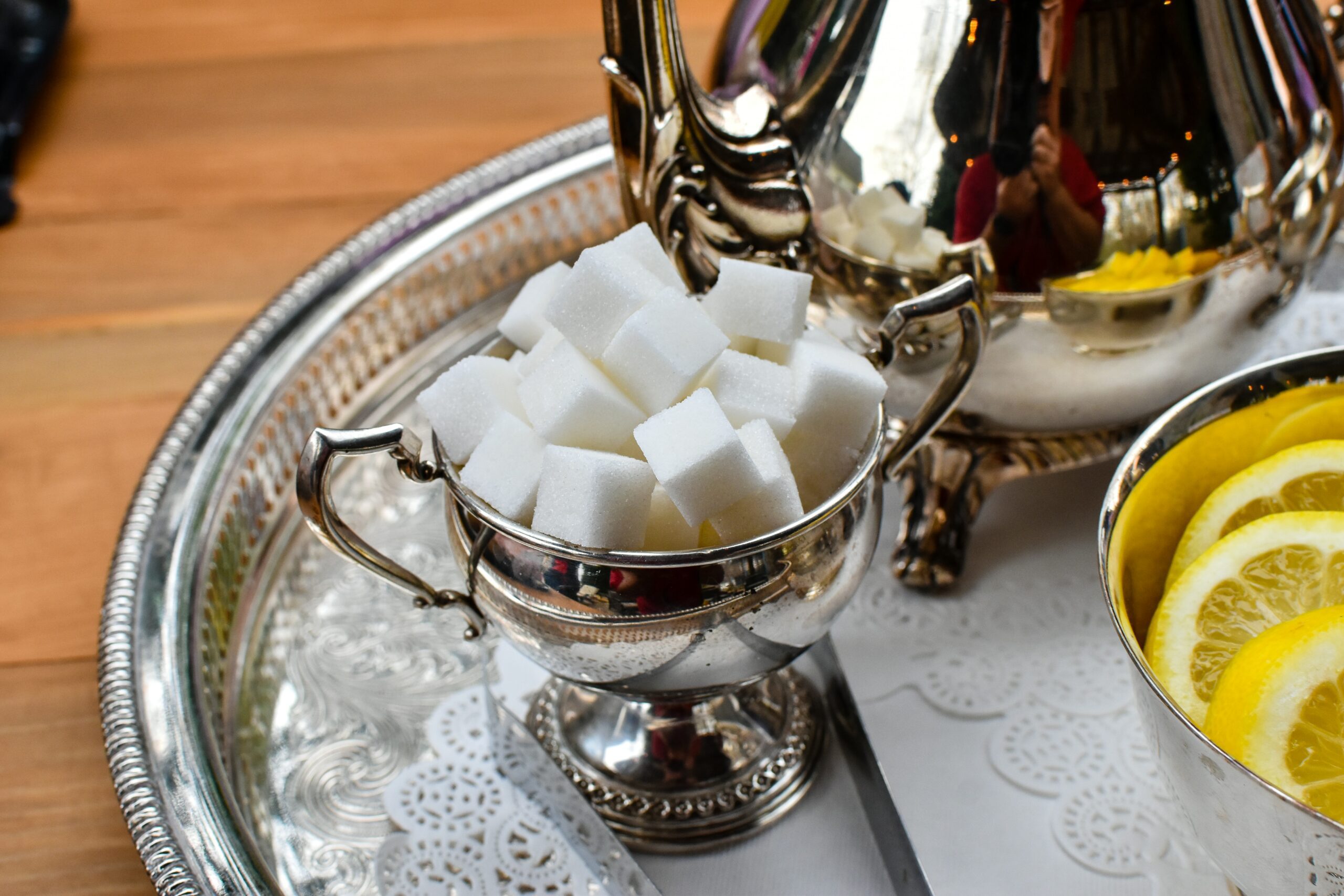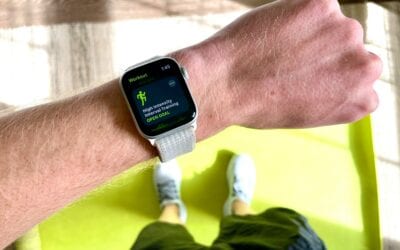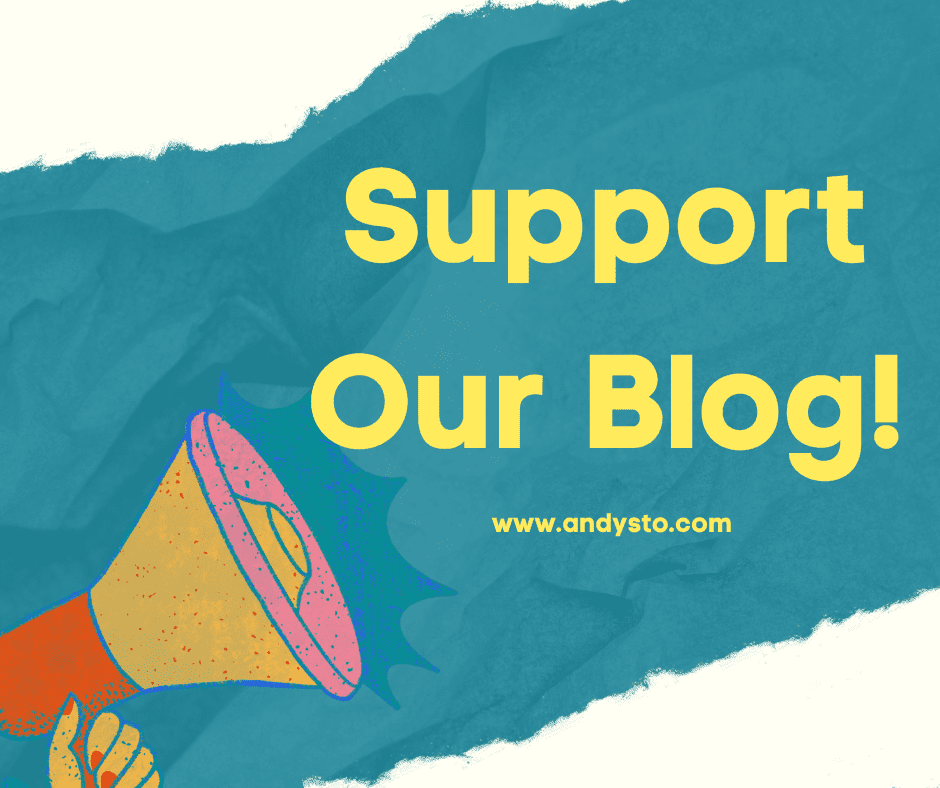It should come as news to no one that processed sugar is one of the biggest health dangers that exists. But despite the fact that we all know that, we all still eat an incredible amount of sugar.
Estimates suggest that the average American eats more than 120 grams of sugar per day, which is about three times the recommended daily limit. Europeans don’t do much better, eating 80-100 grams a day depending on the country that they are from.
Some digital nomads fare better with processed sugar, often living in parts of the world where daily sugar intake is lower and they are eating local foods, such as in China, India, and Indonesia. But others can find themselves fuelling their work-hard-play-hard lifestyle on highly sweetened coffee and a variety of sugary treats.
If you take the time to figure out your daily sugar intake, you might be surprised to learn exactly how much you are consuming.
But why is this bad for your lifestyle? And what can you do to reduce your sugar intake as a digital nomad when you don’t necessarily have access to health food stores and a giant refrigerator for bulk buying?
Let’s take a look.
What Kind of Sugar?
Just to clarify, no one is suggesting that we should eliminate all sugar from our diets, and this would be very difficult to do. Healthy foods like fresh fruit also contain sugar. But these are natural sugars, and they generally aren’t a problem for us when we eat them in their whole form because they also come with a lot of fibre, which helps us digest them more safely.
The sugar that we need to be avoiding, or at least significantly reducing, is processed sugar, also sometimes called added sugar. This sugar is refined either into the white granulated stuff that many of us like to put in our coffee, and fructose corn syrup that is used to flavour soft drinks and packaged and processed foods.
This sugar is in a highly concentrated form, so even when you only eat a little, you are sending the amount of sugar that you have in your blood through the roof.
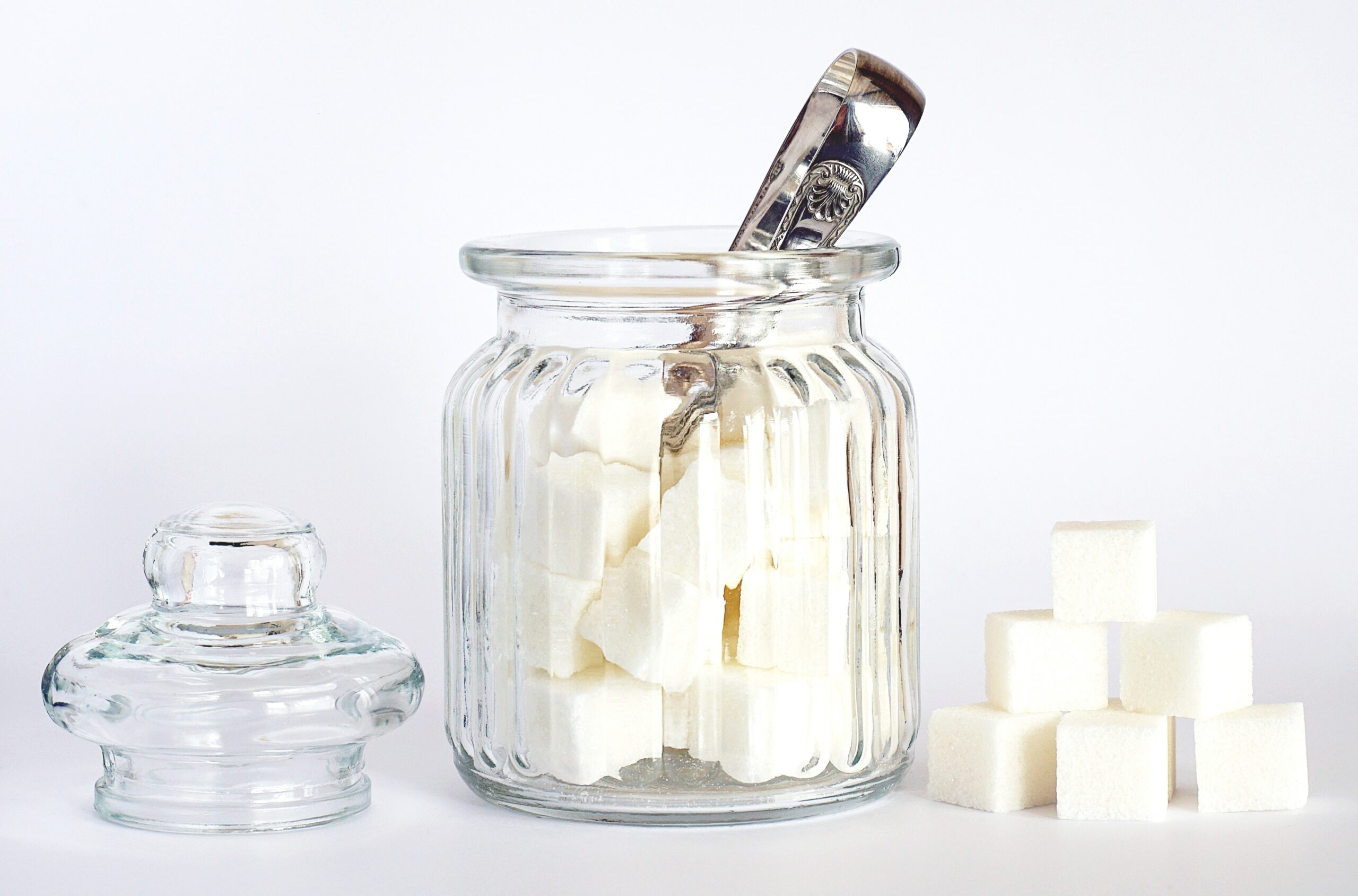
How Do You Benefit from Cutting Sugar?
Most people are already well aware of the health risks associated with eating too much sugar, in particular diabetes, high blood pressure, and fatty liver disease. You can read more about the medical risks here.
But let’s talk about the lifestyle risks, and how ditching refined sugar can improve your existence as a digital nomad.
It can help you control when you are “switched on”
When you are a digital nomad, you might feel like you need to be “switched on” at random hours. Whether it is getting up for an early flight, taking late calls out of time zone, or feeling your best to tackle an iconic local trail.
Dips in your concentration and focus at the wrong time can undermine your entire day.
Sugar crashes are one of the main reasons why you might find yourself unable to focus and in need or a nap in the afternoon or early evening.
This is because you digest sugar and absorb it into your bloodstream extremely quickly, giving you a nice high, but also signalling your body to release insulin, which then results in a rapid decrease in blood sugar, and an inevitable energy crash.
If you replace your favourite sugary snacks and drinks with healthy alternatives such as fresh fruits and veg, yogurt, cheese, and nuts, you’ll find that you get the lift that you need without the energy crash later.
It can improve your brain function for deep work
There is good evidence to suggest that eating too much sugar can impair your brain function, specifically learning and memory. This is because the excess insulin produced in response to the sugar can damage communication between the brain cells.
So, if you want to do deep, distraction free work that allows you to produce your best with minimum time wasted, cutting your sugar intake can help.
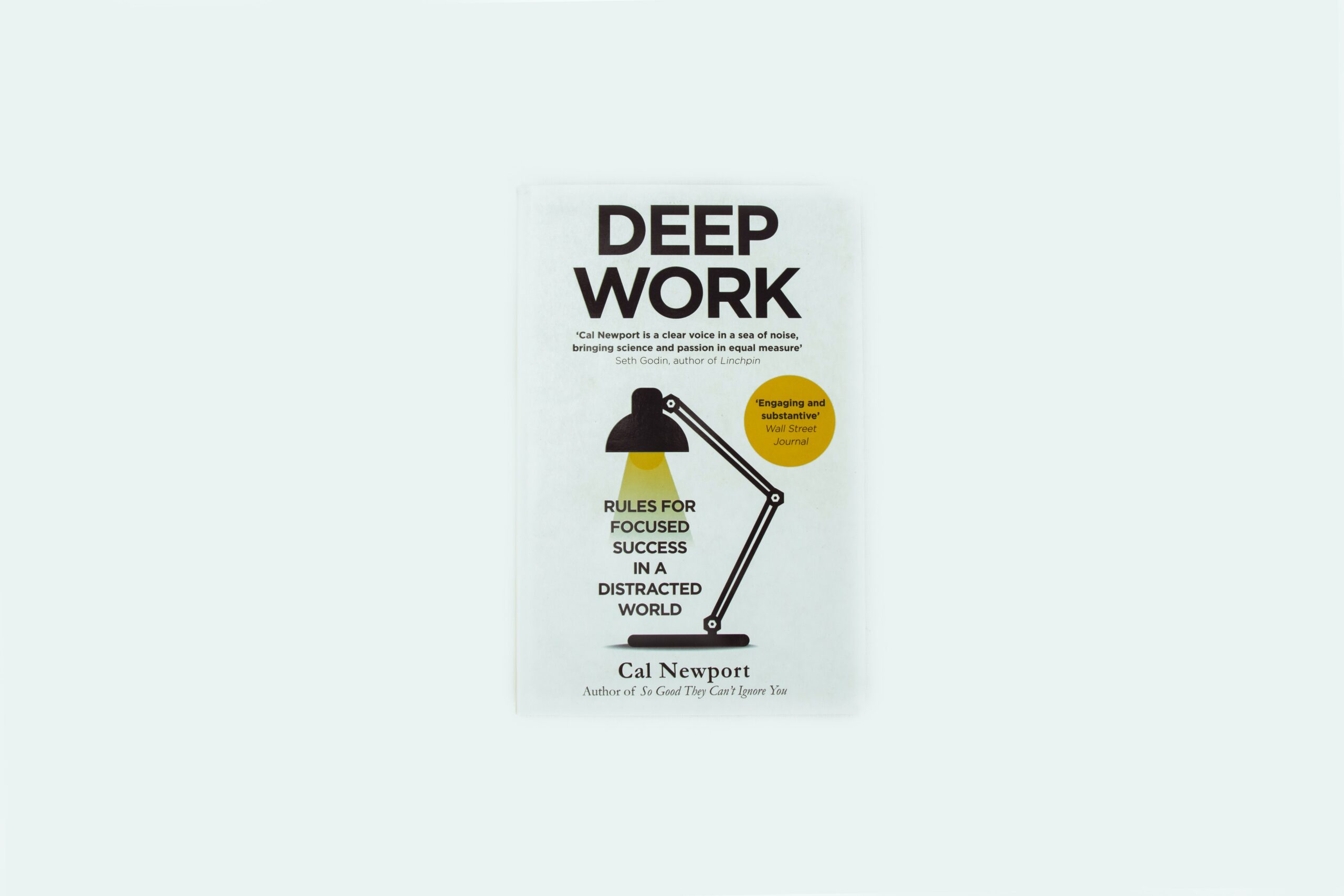
It can help you lose weight
It is not usual to see a few extra pounds piling on around the middle when you start living the digital nomad lifestyle. A messed-up sleep cycle, no access to a good gym, and a deep desire to eat all the tasty treats on offer in your new destination means that it is not unusual to put on some pounds at first.
But the thing about extra weight is that it is a lot easier to put on than lose. But one of the easiest ways to drop some weight, while making the minimum sacrifices to enjoying where you are, is cutting back on processed sugars in drinks and snack foods.
It can help you look better
Sugar isn’t great for your skin, as it can cause inflammation that results in breakouts and dull-looking skin. It can also cause puffiness and dark circles under your eyes.
That’s not to mention what it can do to your teeth. As well as causing painful and potentially expensive cavities in the long-term, it can also contribute to unattractive yellowing.
Look after your smile by cutting down on the processed sugar.
It can help you save money
Many digital nomads prefer to live on a fairly tight budget so that they can minimize the amount of time that they spend in front of the screen working and maximise the amount of time they spend enjoying where they are.
A fancy latte, sugary beverage, piece of chocolate cake, or packet of local sweets might not seem like the cost much, but when you are buying them on a regular, or even daily, basis, it can add up pretty quickly.
If you are trying to make your hard-earned pennies stretch as far as possible, switch the pricey coffee for your favourite tea bag and choose local fruits and snacks over your go-to sugary treats.
You might spend less time in the bathroom
Most snacks that are full of processed sugar are also very low in fibre. And if you eat too much sugar without getting too enough fibre? You can expect inflammation, bloating, and constipation. And when the discomfort of the constipation lifts, maybe a pretty heavy payload.
If you cut down on sugar, you’ll probably find yourself feeling more comfortable in your belly and having more comfortable and regular bathroom breaks.
That can be more important than it sounds if you are in close quarters with a partner with paper thin walls or you want to spend a day exploring the streets with no guarantee of access to a clean place to do your business.
How To Cut Your Sugar Intake?
Most of us have high-sugar bad habits that we know we should avoid. How many sachets of sugar do you put into your coffee? Do you have a favourite candy bar or sugary treat that you like to indulge in mid-afternoon?
Switch to unsweetened coffee or tea, or use honey as an alternative to sugar if you aren’t willing to make this sacrifice. Replace your sugary snack with something local, such as a delicious seasonal fruit or locally sourced nut varieties.
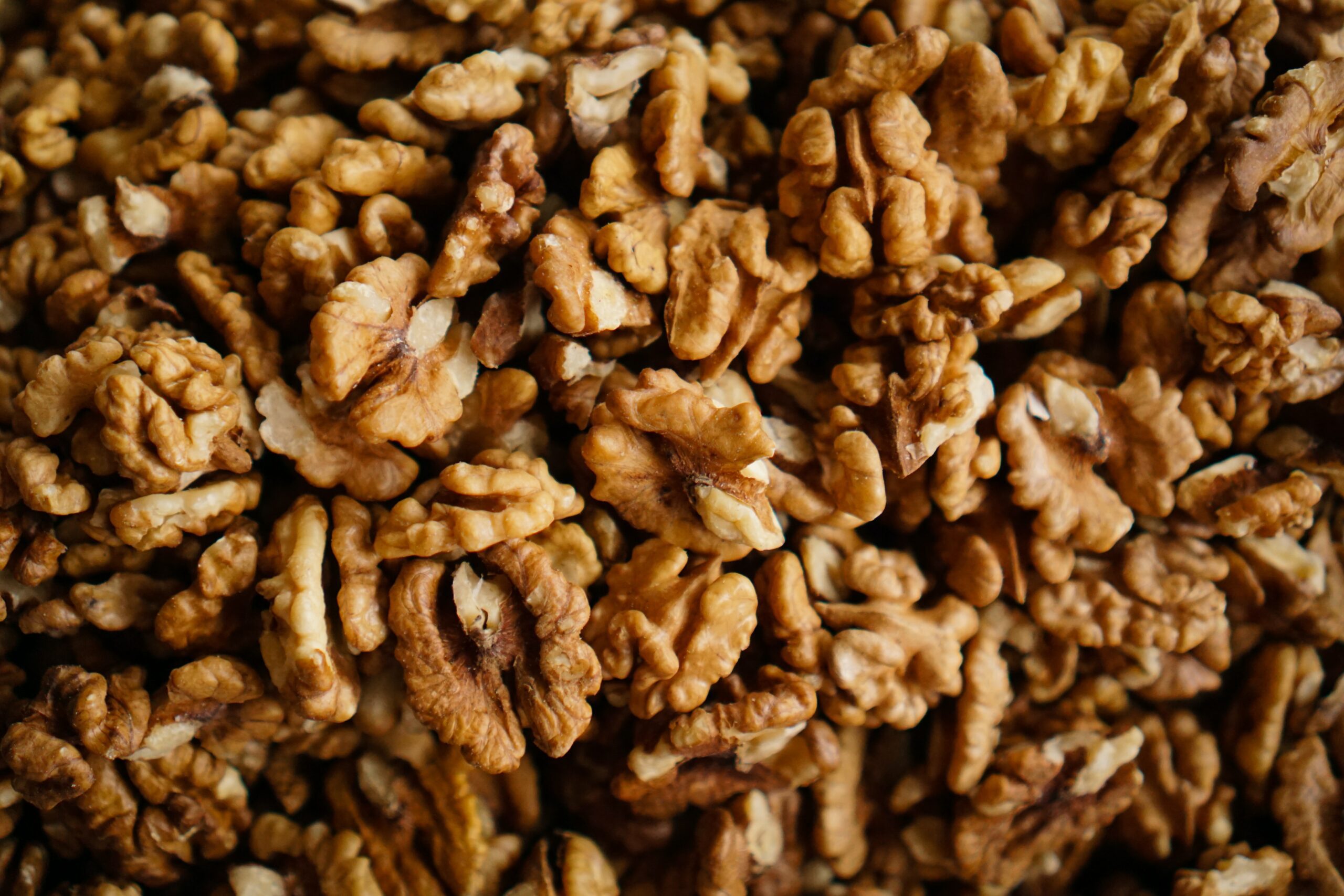
How do you know if your favourite treats have a lot of sugar in them? You need to know how to spot sugar, since it is rarely labelled simply as “sugar” on packaging. Look out for alternative names such as high-fructose corn syrup, corn sweetener, fruit juice concentrates, anhydrous dextrose, and other aliases. If you are living overseas, make sure you find out what the local names for sugar are.
But don’t just choose “sugar-free” alternatives, as these contain artificial sweeteners such as aspartame, saccharin, sucralose, and acesulfame K. While these aren’t sugar, and therefore don’t contain calories, they can send signals to your body that makes it think it has consumed sugar, and your body then releases insulin in response. So, it can have similar negative effects on the body as sugar.
Also, don’t forget that savoury foods can also have a tendency to contain a lot of sugar. The seasoning on those crisps and the tomato sauce on the hot dog both contain lots of artificial sugar.
Other unexpected foods that contain loads of processed sugar? Low-fat yogurts, sauces of all kinds, fruit juices, sports drinks, flavoured milk drinks, granola, flavoured coffee, iced tea drinks, protein bars, and breakfast cereals.
The Verdict
Too much processed sugar in your diet is bad for your health, and can also diminish your quality of life. But most of us don’t want to put in the effort to significantly reduce the amount of sugar that we eat because it is everywhere and in everything, it can feel almost impossible to avoid. The problem can feel even greater when you are on the road, and you don’t necessarily have easy access to the healthy foods that you like.
But you don’t need to eliminate all processed sugar to be healthy, just reducing your intake can see major improvements in your health and happiness.
Taking steps to eliminate the biggest culprits in your diet, which are often snacks and beverages, allow you to reduce your sugar intake without having to miss out on trying any of the amazing local foods on offer wherever you are in the world.

